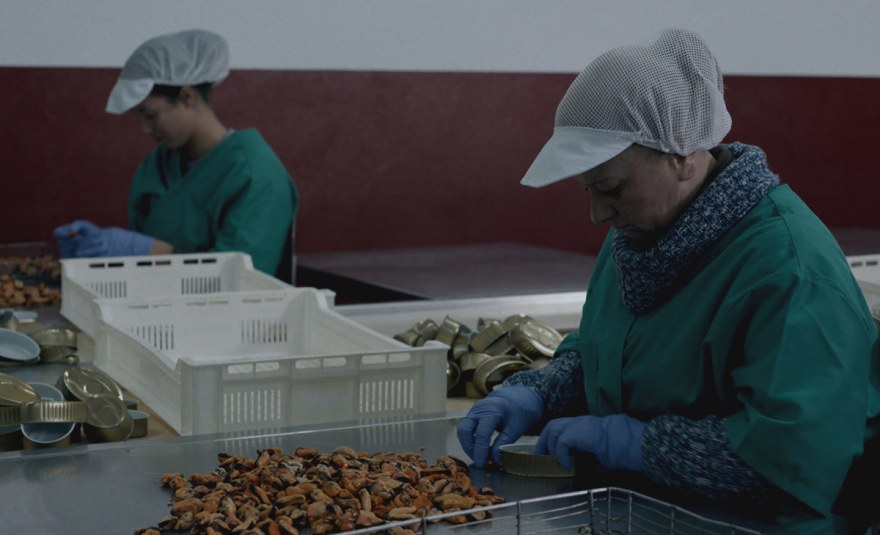Lunch with Matria
An interview with Álvaro Gago Diaz, director of Matria
Who inspired you the character of Ramona?
The woman who took care of my grandfather until he passed away who later became the lead actress of the film. On a second level, many women from the area where the film was shot, which is know by the name of Rias Baixas.
Why did you choose to call the film Matria?
Originally the title of the film was “Ramona”, but it felt like it was making too strong of a link between the story and the protagonist. And I wanted that link to be broken because many women are living under those conditions, not just Ramona. Also, Matria, was politicising the film much more and I do believe that filmmaking should be daring, brave and committed to the reality that it is depicting and to which it is connected. The title Matria opened up several lines of debate, the most important one being whether Galicia (a region in the north-west of Spain where I come from) is a matriarchy or not. Galicia being a matriarchy is one of the many imposed myths that need to be overthrown.
Can you tell us about where it is set?
It’s set on the south-west coast of Galicia. Most of the action takes place in a canning factory. I could have set the film in any other type of factory but the region is famous for its canned products, plus canning factories are visually cold (full of metallic structures), and very noisy, and that worked to our advantage since we were trying to create quite an aggressive feel in general.
I understand you are working on a feature film. Is it related to this short?
I am working on a feature script with Ramona as the lead role, but I want to shoot at least another short film first. I already have the script and hopefully I’ll be able to shoot during the next summer. The provisional title is Vigo, 18th of December.
What sort of freedom would you say the short format allows?
I’ve never shot a feature film before so I’ll be answering based on the examples around me. I think you’ve got much more freedom to push the boundaries and take risks. Also, you can jump from one project to another much quicker and consequently I think you get some sense of freedom from your own material and ultimately from your own self and state of mind when you get involved in a project.
If you’ve already been to Clermont-Ferrand, could you share with us an anecdote or story from the festival? If not, what are your expectations for this year?
It’s my first time in Clermont-Ferrand. I know for sure that I’m going to watch great short films, get to know other filmmakers and have fun.
Matria is being shown in International Competition I8.









